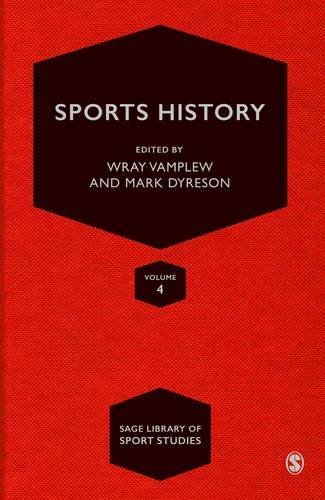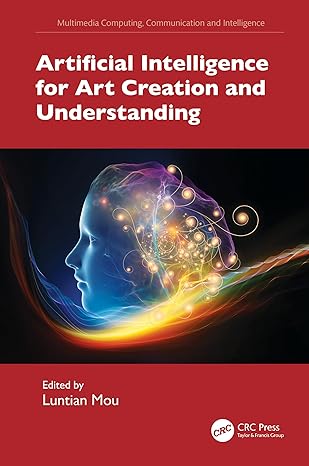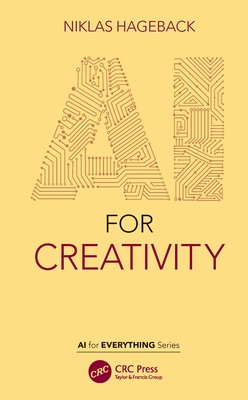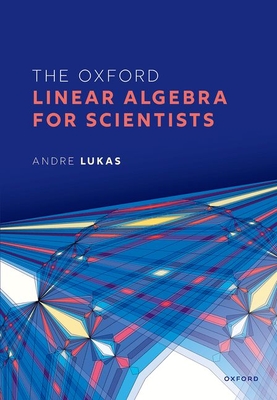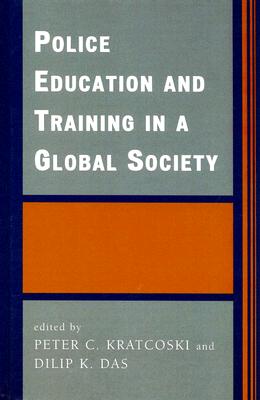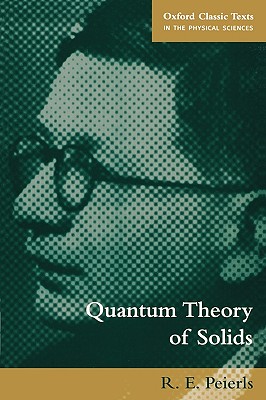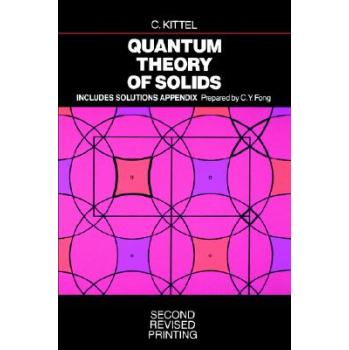图书简介
Sports history is no longer a marginal academic subject. It has now been recognised that sport is a significant cultural activity that matters to millions of people and ought to be studied by academic researchers. Correctly practised, sports history is a counter to nostalgia, myth and invented tradition. It can be considered the sports memory of a nation: without sports history there is sporting amnesia. The respected editors of this reference collection have brought together the best and most challenging work in the field for the first time. Covering a wide range of sports, regions, debates, approaches and eras, Sports History is a truly comprehensive collection, divided across four themed volumes: Volume One: An Unfinished Journey Volume Two: More Than a Game Volume Three: A Force for Good? Volume Four: Flexible Boundaries
VOLUME ONE: AN UNFINISHED JOURNEY \\ IntroductionWray Vamplew and Mark Dyreson \\ Part One: Pioneers \\ The Technological Revolution and the Rise of Sport, 1850–1900John Rickards Betts \\ Sporting Days in Eighteenth Century EnglandDennis Brailsford \\ Cricket and Australian Nationalism in the Nineteenth CenturyW.F. Mandle \\ Part Two: Inside and Outside the Archives \\ Sites of Truth or Metaphors of Power? Refiguring the ArchiveDouglas Booth \\ Sport Talk: Oral History and Its Uses, Problems, and Possibilities for Sport HistorySusan K. Cahn \\ Sport History as Modes of Expression: Material Culture and Cultural Spaces in Sport and HistoryLinda Borish and Murray Phillips \\ Part Three: Using Theory \\ The Consecration of Sport: Idealism in Social Science TheoryDouglas Booth \\ Concepts of Capital: An Approach Shot to the History of the British Sports Club before 1914Wray Vamplew \\ The Nature of Sport under Capitalism and Its Relationship to the Capitalist Labour ProcessBob Stewart \\ Assessing Sport History and the Cultural and Linguistic TurnColin Howell \\ Part Four: Contextual Approaches \\ How to Read Historical Context \\ Mass-Producing Traditions: Europe, 1870–1914Eric Hobsbawm \\ How to Avoid Misreading Historical Context \\ “The Only Woman in All Greece”: Kyniska, Agesilaus, Alcibiades and OlympiaDonald Kyle \\ Part Five: Innovatory Approaches \\ How to Read the Media \\ Reading, Watching, and Listening to FootballMichael Oriard \\ How to Swim against the Currents of Context \\ A History of Synchronized SwimmingSynthia Sydnor \\ Part Six: Areas of Challenge: Emotion, Children and Eroticism \\ Emotion \\ Senses and Emotions in the History of SportBarbara Keys \\ Children \\ Child Work or Child Labour? The Caddie Question in Edwardian GolfWray Vamplew \\ A Blinkered Approach? Attitudes towards Children and Young People in British Horseracing and Equestrian SportJoyce Kay \\ Eroticism \\ Spartan Girls, French Postcards, and the Male Gaze: Another Go at Eros and SportsAllen Guttmann \\ VOLUME TWO: MORE THAN A GAME \\ Part One: Gender \\ “Gouge and Bite, Pull Hair and Scratch”: The Social Significance of Fighting in the Southern BackcountryElliott Gorn \\ From Amazons to Glamazons: The Rise and Fall of North Carolina Women’s Basketball, 1920–1960Pamela Grundy \\ Caster Semenya and the “Question of Too”: Sex Testing in Elite Women’s Sport and the Issue of AdvantageJaime Schultz \\ Part Two: Race and Ethnicity \\ Basketball and the Culture-Change Process: The Rimrock Navajo CaseKendall Blanchard \\ The Quest for Subcommunities and the Rise of American SportBenjamin Rader \\ Basketball and Magic in ‘Middletown’: Locating Sport and Culture in American Social ScienceMark Dyreson \\ Part Three: Associativity \\ A Theory of the Evolution of Modern SportStefan Szymanski \\ The Role of Associativity in the Evolution of Modern Sport: A Comment on Stefan Szymanski’s TheoryKlaus Nathaus \\ Part Four: Sport as Consumer Culture \\ Where Did You Go, Jackie Robinson? Or, the End of History and the Age of Sport InfrastructureStephen Hardy \\ The Rise of “The World’s Largest Sport and Athletic Outfitters”: A Study of Gamage’s of Holborn, 1878–1913Geraldine Biddle-Perry \\ Part Five: Sport and Nation` \\ Soviet Sport and Transnational Mass Culture in the 1930sBarbara Keys \\ “I Can Compete!” China in the Olympic Games, 1932 and 1936Andrew Morris \\ The Republic of Consumption at the Olympic Games: Globalization, Americanization, and CalifornizationMark Dyreson \\ Part Six: Sport and International Relations \\ The Relevance of the “Irrelevant”: Football as a Missing Dimension in the Study of British Relations with GermanyPeter Beck \\ Japan’s Sports Diplomacy in the Early Post-Second World War YearsSayuri Guthrie-Shimizu \\ Global Players? Football, Migration and GlobalizationMatthew Taylor \\ Part Seven: Sport and the First World War \\ ‘Leather’ and the Fighting Spirit: Sport in the British Army in World War IEliza Riedi and Tony Mason \\ Exploding the Myths of Sport and the First World War: A First SalvoWray Vamplew \\ “The First Ever Anti-Football Painting”?Iain Adams and John Hughson \\ VOLUME THREE: A FORCE FOR GOOD? \\ Part One: The Civilizing Process: The British Debate \\ History, Theory and the “Civilizing Process”Tony Collins \\ Sociological versus Empiricist History: Some Comments on Tony Collins’s ‘History, Theory and the “Civilizing Process”’Graham Curry, Eric Dunning and Kenneth Sheard \\ Part Two: Football Hooliganism \\ Football Hooliganism in Britain before the First World WarEric Dunning, Patrick Murphy, John Williams and Joseph Maguire \\ Football Hooliganism Revisited: A Belated Reply to Patrick Murphy, Eric Dunning and Joseph MaguireRobert Lewis \\ Part Three: The Civilizing Process: America \\ Sports Spectators from Antiquity to the RenaissanceAllen Guttmann \\ Spectators and Crowds in Sport History: A Critical Analysis of Allen Guttmann’s Sports SpectatorsDonald Kyle \\ A Modernist’s ViewMelvin Adelman \\ Part Four: Opposition to Sport \\ Criticisms against the Value-Claim for Sport and the Physical Ideal in Late Nineteenth Century AustraliaDavid W. Brown \\ Anti-Sport: Victorian Examples from OxbridgeJohn Bale \\ Rethinking the History of Criticism of Organised SportG.K. Peatling \\ Part Five: The Dark Side \\ Discourses of Deception: Cheating in Professional RunningPeter Mewett \\ Only the Ring Was Square: Frankie Carbo and the Underworld Control of American BoxingSteven A. Riess \\ Lord Bentinck, the Jockey Club and Racing Morality in Mid-Nineteenth Century England: The “Running Rein” Derby RevisitedMike Huggins \\ VOLUME FOUR: FLEXIBLE BOUNDARIES \\ Part One: As Others See Us \\ Cracks in the (Self-Constructed?) Ghetto Walls? Comments on Paul Ward’s ‘Last Man Picked’Malcolm MacLean \\ Sport in Modern European History: Trajectories, Constellations, ConjuncturesAlan Tomlinson and Christopher Young \\ Common Ground? Links between Sports History, Sports Geography and the Sociology of SportJoe Maguire \\ Economists and Sports HistoryStefan Szymanski \\ Dancing on the Edge of Disciplines: Law and the Interdisciplinary TurnKen Foster and Guy Osborn \\ Part Two: Time and Space \\ Sport, Society and Space: The Changing Geography of County Cricket in South Australia 1836-1914Clive Forster \\ Village Greens, Commons Land and the Emergence of Sports Law in the UKJack Anderson \\ Part Three: Modernisation \\ From Ritual to RecordAllen Guttmann \\ Of Remembering and Forgetting: From Ritual to Record and BeyondColin Howell \\ The Problems with Ritual and Modernization Theory, and Why We Need Marx: A Commentary on From Ritual to RecordSusan Brownell \\ Part Four: Borderlands \\ Borderlands, Baselines and BearhuntersColin Howell \\ The Foot Runners Conquer Mexico and Texas: Endurance Racing, Indigenismo, and Nationalism’Mark Dyreson \\ Part Five: Sport as a Culture-Making Tool \\ Deep Play: Notes on the Balinese CockfightClifford Geertz \\ What Is Art?C.L.R. James \\ Part Six: Sports History for Public Consumption \\ A Historian in the Museum: Story Spaces and Australia’s Sporting PastMurray Phillips \\ Sport History, Public History, and Popular Culture: A Growing EngagementKevin Moore \\ Writing Sports History for “Non-Specialists”: A Reply to the Review Symposium on Adair and Vamplew’s Sport in Australian History, and the State of Australian Sports HistoryDaryl Adair
Trade Policy 买家须知
- 关于产品:
- ● 正版保障:本网站隶属于中国国际图书贸易集团公司,确保所有图书都是100%正版。
- ● 环保纸张:进口图书大多使用的都是环保轻型张,颜色偏黄,重量比较轻。
- ● 毛边版:即书翻页的地方,故意做成了参差不齐的样子,一般为精装版,更具收藏价值。
关于退换货:- 由于预订产品的特殊性,采购订单正式发订后,买方不得无故取消全部或部分产品的订购。
- 由于进口图书的特殊性,发生以下情况的,请直接拒收货物,由快递返回:
- ● 外包装破损/发错货/少发货/图书外观破损/图书配件不全(例如:光盘等)
并请在工作日通过电话400-008-1110联系我们。
- 签收后,如发生以下情况,请在签收后的5个工作日内联系客服办理退换货:
- ● 缺页/错页/错印/脱线
关于发货时间:- 一般情况下:
- ●【现货】 下单后48小时内由北京(库房)发出快递。
- ●【预订】【预售】下单后国外发货,到货时间预计5-8周左右,店铺默认中通快递,如需顺丰快递邮费到付。
- ● 需要开具发票的客户,发货时间可能在上述基础上再延后1-2个工作日(紧急发票需求,请联系010-68433105/3213);
- ● 如遇其他特殊原因,对发货时间有影响的,我们会第一时间在网站公告,敬请留意。
关于到货时间:- 由于进口图书入境入库后,都是委托第三方快递发货,所以我们只能保证在规定时间内发出,但无法为您保证确切的到货时间。
- ● 主要城市一般2-4天
- ● 偏远地区一般4-7天
关于接听咨询电话的时间:- 010-68433105/3213正常接听咨询电话的时间为:周一至周五上午8:30~下午5:00,周六、日及法定节假日休息,将无法接听来电,敬请谅解。
- 其它时间您也可以通过邮件联系我们:customer@readgo.cn,工作日会优先处理。
关于快递:- ● 已付款订单:主要由中通、宅急送负责派送,订单进度查询请拨打010-68433105/3213。
本书暂无推荐
本书暂无推荐
